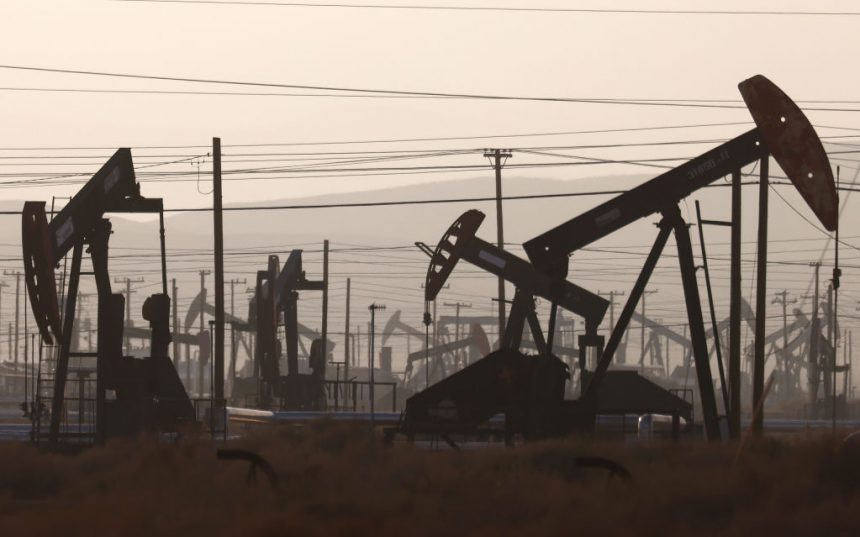The Inflation Reduction Act – IRA
The Inflation Reduction Act, also known as the IRA, is a 2021 U.S. climate law that focuses on reducing emissions primarily through financial incentives rather than binding rules. However, the law does include measures to address the potent greenhouse gas methane, which has become a significant source of increasing climate pollution over the years.
An important provision of the IRA directs the Environmental Protection Agency (EPA) to charge $900 for every metric ton of methane emitted above a certain threshold in 2024. This provision is particularly challenging for the oil and gas industry, which is responsible for a third of all methane emissions in the U.S.
In addition to the methane fee, the Biden administration has implemented other measures to prompt the oil and gas industry to reduce emissions. These include a rule requiring drillers to monitor and fix methane leaks, as well as a revision of the rule governing the reporting of methane emissions from operations.
Recent analysis indicates that some oil and gas companies could face significant financial penalties due to the methane fee. For example, a private data provider’s analysis suggests that Diversified Energy Company, one of the largest owners of oil and gas wells in the U.S., could potentially be liable for millions of dollars in fees.
While the industry trade groups have criticized the new rule and proposed to repeal the fee, activists and environmental organizations are using satellite data and other advanced technologies to hold companies accountable for their methane emissions.
It is evident that addressing methane emissions is a complex and challenging undertaking, and measures are being taken to update and improve reporting requirements in order to accurately quantify and reduce methane pollution.
Despite the challenges, it is clear that the IRA is bringing attention to the issue of methane emissions and is driving changes within the oil and gas industry to reduce its environmental impact.






